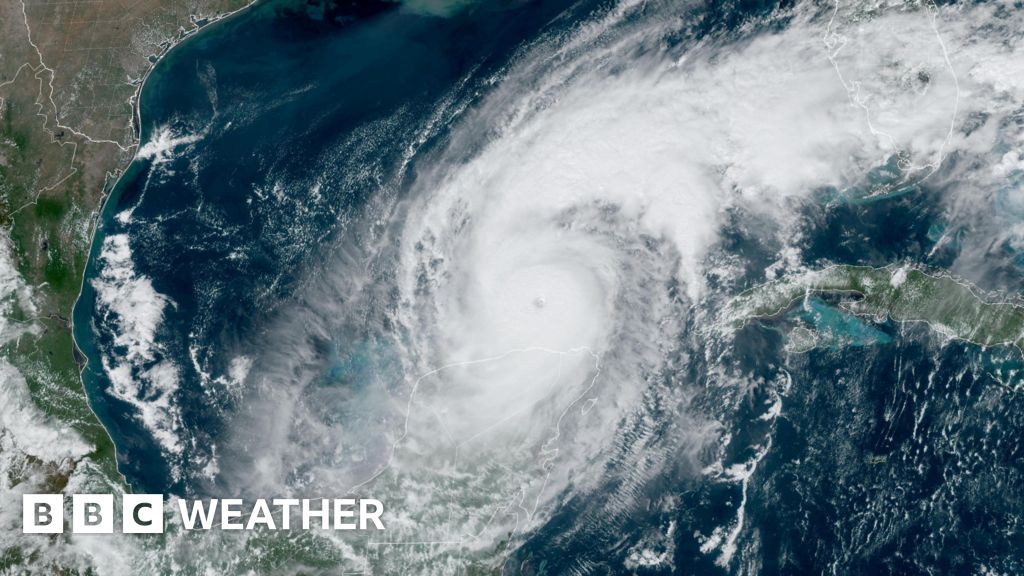This website uses cookies so that we can provide you with the best user experience possible. Cookie information is stored in your browser and performs functions such as recognising you when you return to our website and helping our team to understand which sections of the website you find most interesting and useful.


This potential was realised in late September with the birth of Hurricane Helene. It intensified rapidly before making landfall on the Florida coast as a major category four storm.
Helene brought catastrophic flooding and widespread wind damage across large swathes of the south-east US, from Florida's Gulf Coast to the southern Appalachians.
According to preliminary data from the US National Oceanic and Atmospheric Administration (NOAA) it was the deadliest hurricane to affect the continental US since Hurricane Katrina in 2005, causing more than 150 deaths.
Helene was the first of six storms to develop in quick succession. Five of these became hurricanes of which four underwent rapid intensification, where sustained winds strengthen by at least 35mph (56km/h) in 24 hours.
This culminated with Hurricane Milton, which formed in the Gulf of Mexico in early October and saw its wind speeds increase by a massive 90mph (145km/h) in 24 hours - one of the most extreme examples of rapid intensification on record.
It reached category five strength for a time, before weakening to a category three and making landfall on the west coast of Florida. It brought widespread impacts including a destructive storm surge and an outbreak of 46 tornadoes.
The final storm of the Atlantic season was Tropical Storm Sara. This storm did not strengthen into a hurricane - but it became slow-moving close to the coast of Central America, bringing widespread flooding. The north coast of Honduras saw more than 3ft (nearly 1m) of rain.



 Africana55 Radio
Africana55 Radio 
